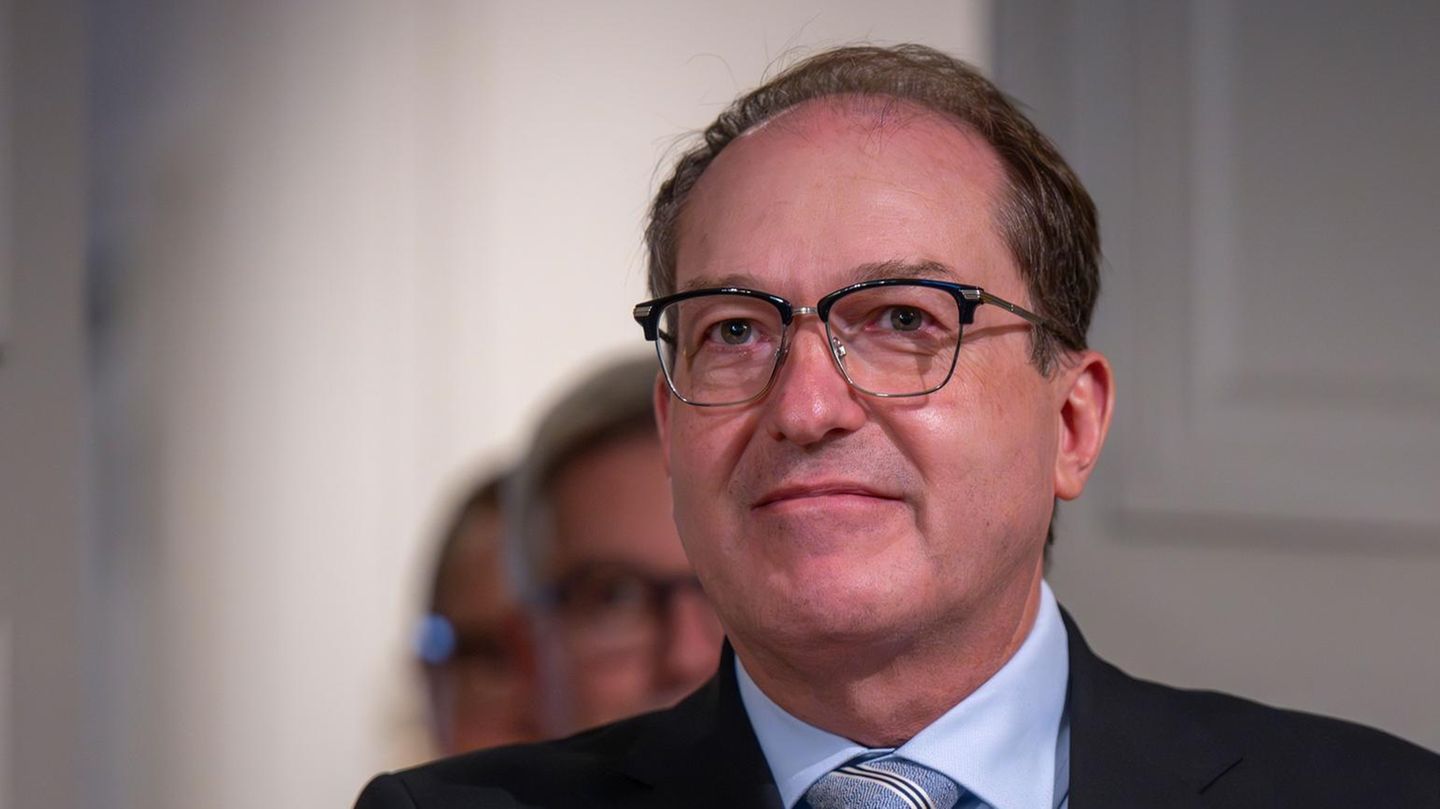A strategic plan worth 30 billion euros from Berlin is too vague for Brussels. This should show how German agriculture combines food security and environmental friendliness – but there are doubts.
The announcement by the EU Commission is clear: Agriculture Minister Cem Özdemir (Greens) must make significant improvements to the German strategic plan for future EU agricultural subsidies.
“Clear deficiencies” were found and improvements are needed in terms of consistency and completeness, according to an assessment by the commission, among other things. Özdemir’s ministry has published them on the ministry’s website. Target values of the plan would also have to be revised and specified.
Food production should become more environmentally friendly
The strategic plan is part of a reform of the EU’s common agricultural policy, which aims to make food production more environmentally friendly. How the individual EU countries implement this should be set out in their national strategy plans. When Germany submitted its plan several weeks late in February, Özdemir was still confident that it would be approved.
The “constructive comments” from the EU Commission encouraged the Ministry of Agriculture to continue to pursue the path of making German agriculture more crisis-proof and sustainable, a spokesman said on Saturday at the request of the German Press Agency. Questions raised by the commission will probably be clarified with the federal states next week. Talks are also planned with associations and organizations in May. According to the ministry, the aim is for the amended plan to be approved by Brussels by autumn.
The German Association for the Environment and Nature Conservation (BUND) and the German Nature Conservation Union (Nabu) already announced at the time that the plans missed “the goals of climate protection, the restoration of biodiversity, the expansion of organic farming and the conversion of livestock farming”.
Specifically, the Commission’s reply to the German plan also states that, in view of the Russian invasion of Ukraine, Germany must specify how, for example, dependence on fossil fuels and mineral fertilizers will be reduced. The ministry replied that this request was “logical” since Germany submitted its strategic plan before the Russian invasion of Ukraine.
Concerns of environmentalists are confirmed
The fears of environmentalists have now also been confirmed insofar as the Commission assumes that the German plan will only partially contribute to strengthening environmental protection, biodiversity and climate protection, for example within the framework of the Paris climate agreement. In the agreement, Germany also undertakes to limit permanent warming to well below 2 and, if possible, below 1.5 degrees Celsius. They agree with the Commission, “that there is further development potential in the CAP strategic plan, especially with regard to environmental and climate-related goals,” according to the Ministry of Agriculture.
The EU agricultural policy has a volume of almost 390 billion euros for the years 2021 to 2027. It is repeatedly criticized for contributing to agriculture relying too much on environmentally harmful methods. Almost a year ago, the EU states and the EU Parliament had therefore agreed on the reform of agricultural policy. On the side of the Ministry of Agriculture, it also says about their importance: “The range of funding affects the lives of around 40 million people in rural areas and is relevant in the agricultural sector for around 300,000 applicant companies.”
Source: Stern
Jane Stock is a technology author, who has written for 24 Hours World. She writes about the latest in technology news and trends, and is always on the lookout for new and innovative ways to improve his audience’s experience.




